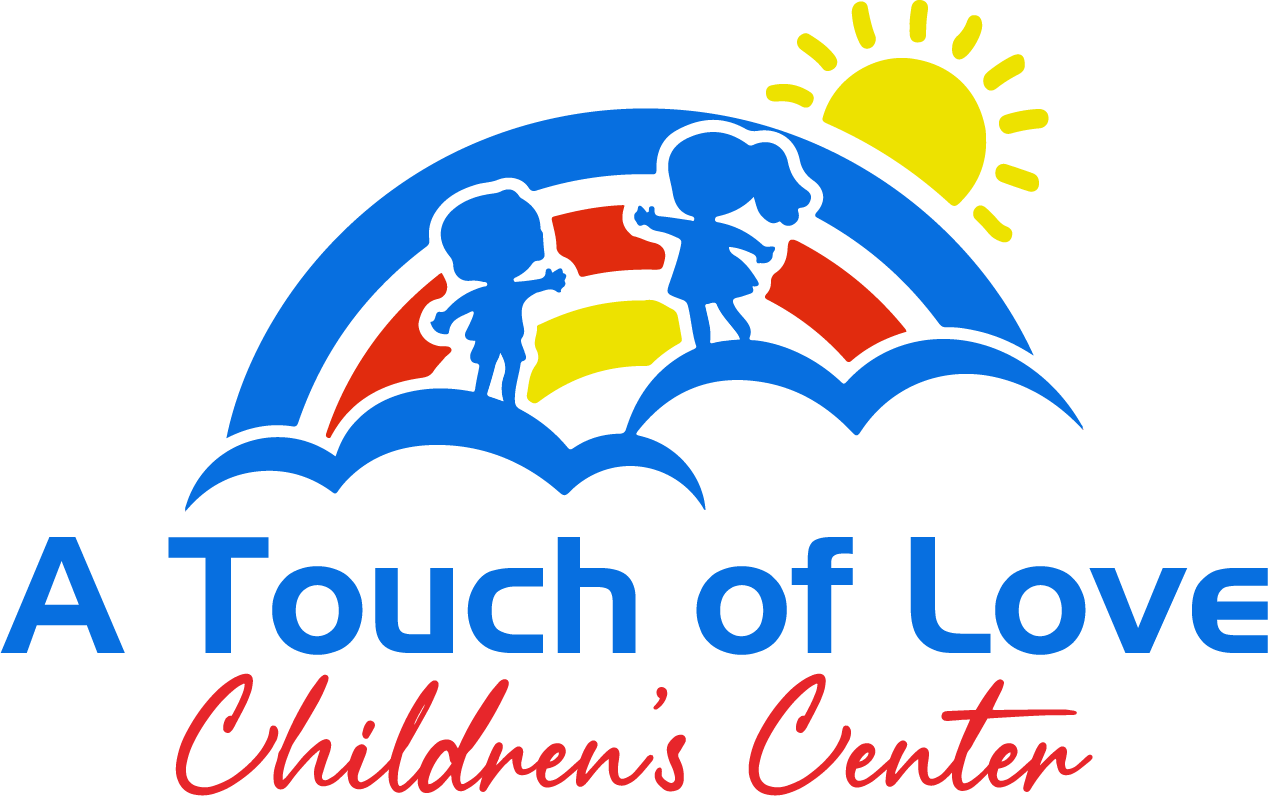HEALTH REGULATIONS
We have certain health policies to protect the children from exposure to other sick children:
1. PLEASE KEEP YOUR CHILD HOME IF HE IS SICK. According to the Health Department the following are signs of illness in children: severe coughing, breathing trouble, yellowish skin or eyes, pink eye, unusual spots or rashes, infected skin patches, unusual behavior, diarrhea, fever, gray or white stool, unusual dark, tea-colored urine, sore throat or trouble swallowing, headache, vomiting or loss of appetite.
2. According to Florida Child Day Care Standards (10m-12.005) we are “to report the condition to the parent and the child be removed from the facility as soon as possible. Such children shall not return to the child care facility until the signs and symptoms are no longer present.” A sick child will be isolated from other children until he can be picked up. PLEASE DO NOT try to mask symptoms and/or fever by giving your child Tylenol before bringing him to Center. These rules are to protect all the children.
3. Prescription medication brought to the Center by the parent or guardian must be in the original container with the name of the physician, child, and medication directions written on the label. (HINT: Ask the pharmacist to divide the medication into two bottles with the required information on each- one for home and one for the Center).
4. A written authorization signed by the parent or physician must accompany any type of medication stating the time and amount of dosage and the name of the medication to be given the child. This includes sunscreen, insect spray and diaper cream.
5. Over the counter medicine cannot be given to your child unless you have given us written consent and instructions for our staff to give it with a Doctor note.
6. We would also like to know if your child has been given any medication before coming to the Center. Some medicines cause children to be tired and irritable or upset stomach and this information will help us know the reason for this behavior.
7. Each Child with an allergy should give me a written emergency plan that includes this information below.
1. Instructions regarding the allergen to which the child is allergic and steps to be taken to avoid that allergen;
2. A detailed treatment plan to be implemented in the event of an allergic reaction, including the names, doses, and methods of prompt administration of any medications.
3. Specific symptoms that would indicate the need to administer one or more medications.
4. Based on the child’s emergency care plan, provided by the parent/legal guardian or physician, and prior to caring for the child, child care personnel should implement measures for preventing exposure to specific allergen(s) to which the child is allergic and recognizing the symptoms of an allergic reaction.
8. Please bring us proof from your Doctor or Health department when your child has an immunization so we can keep our records up to date.
